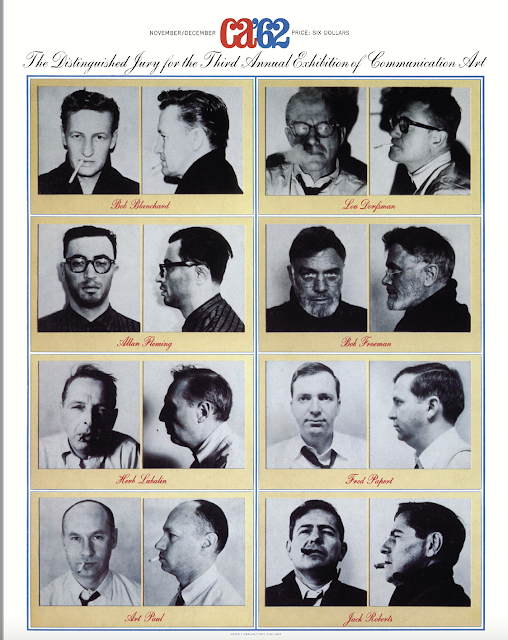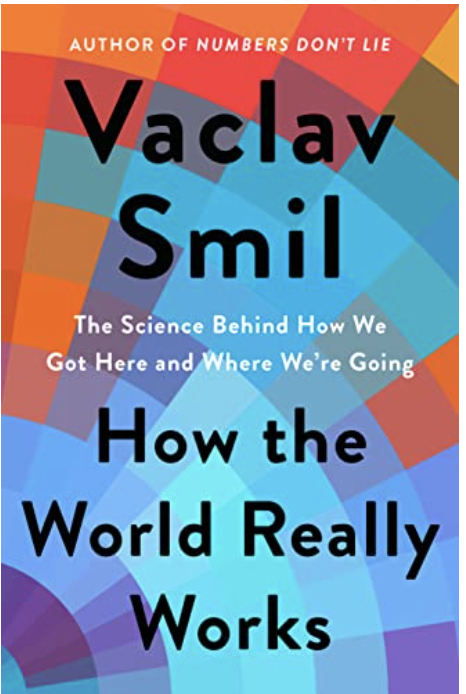Once back in the mid-80s, I visited my mother and father in the midwest. My father had been transferred to Chicago in 1978 and my parents found they liked the place. About five or eight years later, they bought a small cottage three or four hours north of Chicago, just outside of Sheboygan, Wisconsin, then billed as the "Bratwurst Capital of the World."
At the time the traditional Madison Avenue world of Advertising had been turned on its pupik by Fallon McElligot Rice. A small agency no one had ever heard of came from seemingly nowhere and started not just winning awards, but sweeping awards shows.
Following Fallon's lead, agencies in small cities across the US were creating award-winning advertising. So, visiting my parents in Wisconsin, I looked forward to seeing Milwaukee's Sunday newspaper. I figured I'd see ad after great ad. I had this notion it would be like walking through Florence in the 16th Century. Renaissance Masters everywhere.
Instead, I saw ads for cars that looked like ads for cars everywhere. And places called Mattress King, Tire King, RV King, Donut King, Golf King, Patio King and, of course, Bratwurst King. For a nation that supposedly has no royalty, America has always had more kings than is good for us. In short, I saw a lot of ads. But no good ads.
I was less cynical about the business then than I am now. But a seed was planted that I desperately tried not to nourish--mostly because I didn't want to. But, a still small voice shouted inside my head like the "Beer Here" man in Yankee Stadium. Maybe the whole system is as corrupt as a $17 bag of cashews at the DoubleTree Hotel adjacent to the airport in Minneapolis.
Of late, my LinkedIn feed has been cluttered with posts like roaches in a frat house kitchen. Each one of them seems to announce that they've won six white pencils, fourteen gold, two black, eight plaid, three silver, nine bronze, two wood and sixteen made out of a slurry of used condoms and Red Bull.
These posts come on the heels of what seems like every agency in creation banging a giant cymbal that they've won "agency of the year," "network of the year," "rectangular workspace of the year," "near-abandoned agency of the year," "losing clients after 30 years agency of the year" or a special citation for having been named "reduction-in-force workspace of the year."
Judging by all the awards, ostensibly for quality of work, for efficacy, for running a business that helps clients thrive, you'd think we were living through the advertising equivalent of the ancient world's Pax Romana. It was said, as an aside, that in William the Conqueror's time, a virgin girl laden with gold could walk across the kingdom unmolested.
With all the awarding, back-slapping and the choruses of speeches on glittering victories, you'd think we were living in advertising's glory years. Imagine the ghost of Bill Bernbach is doing the hora with Phyllis Robinson, Judy Protas, Julien Koenig, Carl Ally, David Abbott and dozens of others. They're ecstatic. The ad industry is great: the work, the profits, its results and its financial stability. Let's celebrate as we're celebrating the final scene in "The Fall of the House of Usher."
Finding the Orwell in this is as simple as finding a fanny pack in Disney World.
Turn on the TV, look online, open one of the last printed newspapers or magazines and everything sucks.
Talk to anyone over 50 who made a life in the industry, and they've been schmised.
Look at the lack of training, the shrinking sizes and the "no longer important to business" sides of the agency business and the sense of how the industry is doing is dys, not u, -topian.
But Orwell's that Ends Well.
Newspeak is the Lingua Franca of the industry.
Ask for an accounting from the industry and you get crickets. Ask the trade-press for some real reporting, and you get regurgitated press-releases.
The corruption of our world is easy to ignore. We have mass-murder after mass murder. And as Senator Chris Murphy of Connecticut said, “and then the country only pays attention for 24 to 48 hours.”
That's about the state of advertising today.
Attention to its carnage lasts 24 to 48 hours.
Then we throw on a tuxedo and give ourselves an award.
Cheers!






















